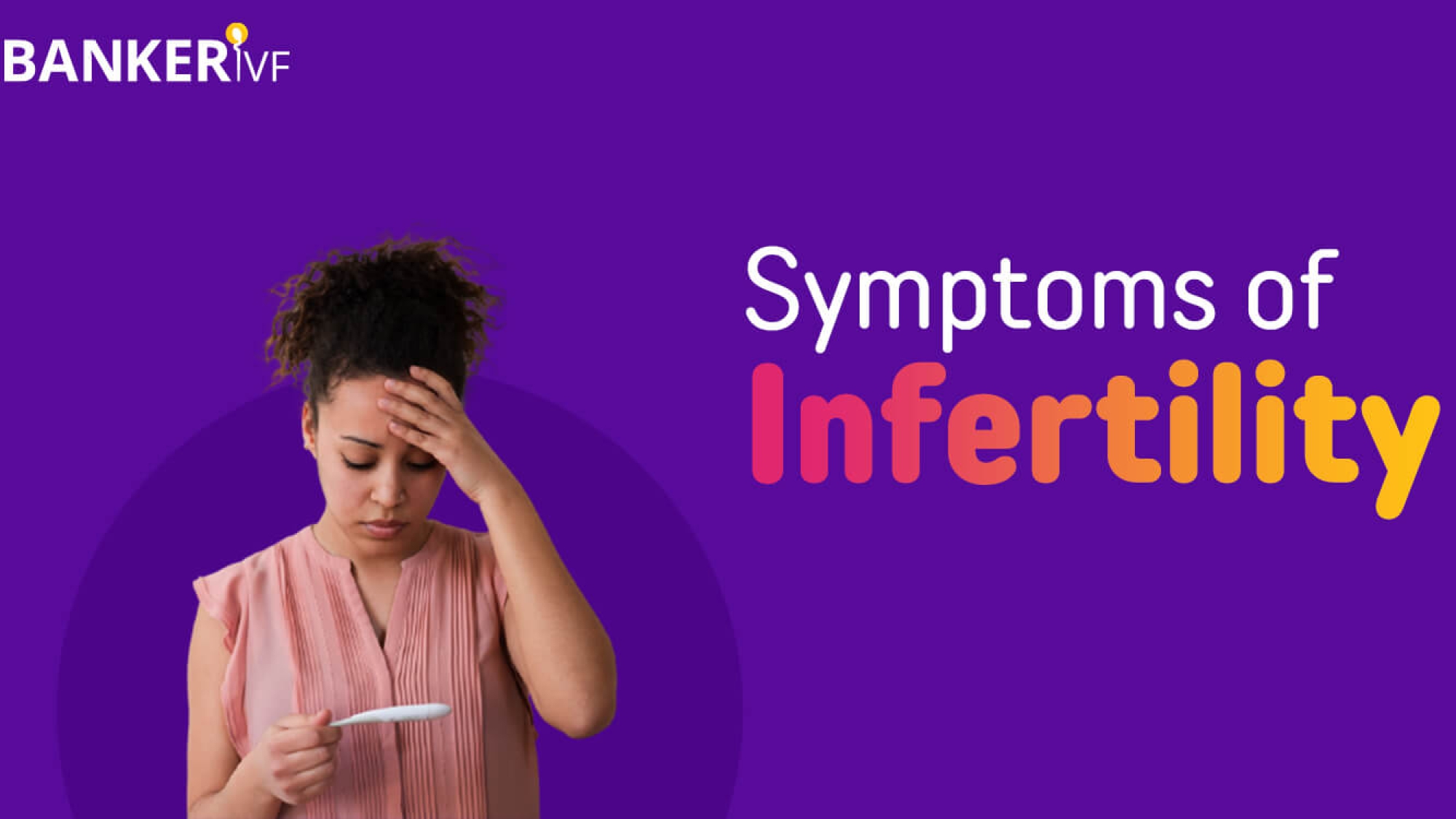“Am I infertile?” Many females ask themselves when they are trying to conceive. Every one in eight couples is infertile, and that adds to their worries.
In general, infertility is diagnosed when a couple fails to conceive naturally following at least 12 months of frequent unprotected intercourse. There are a couple more exceptions to examine within that statement. Females between the ages of 35 and 40 should consult a doctor after six months of attempting to conceive due to the elevated risk factors for a problematic pregnancy or miscarriage. If you’re over 40 years old or if one or both spouses have already been diagnosed with infertility concerns, it’s a good idea to start treatment or at least testing right away.
The most common symptom of infertility is the inability to conceive; other signs may or may not be present. Symptoms can vary depending on the causes of infertility. Many health issues might make it difficult to conceive. There are occasions when there is no apparent cause.
Related: Infertility Causes- Causes of Male Infertility & Causes of Female Infertility
Symptoms of Infertility
In females, changes in the menstrual cycle and lack of ovulation are the primary signs of infertility. Some of the other symptoms of infertility include:
- Irregular Periods
- No Periods
- Light or Heavy Bleeding
- Hormone Fluctuation
- Painful Intercourse
- Obesity
- Age
1. Irregular Periods:
A woman’s cycle lasts 28 days on average. However, as long as the cycles are continuous, anything within a few days of that can be deemed regular. However, a woman with irregular periods has cycles that fluctuate so much that she can’t even guess when her period will arrive. This irregularity in periods might be due to hormonal imbalances or Polycystic Ovarian Syndrome (PCOS). Both of these factors can lead to infertility.
Related: How Polycystic Ovary Syndrome (PCOS) Affects Fertility in Women- What You Can Do About It
2. No Periods:
It’s not unusual for a woman to have a bad month every now and then. Stress or vigorous exercise might cause your period to skip for a short time. It’s time to get your fertility examined if you haven’t had a period in months.
3. Light or Heavy Bleeding:
Bleeding that lasts from three to seven days is considered natural. However, whether your bleeding is very light or very heavy and severe, you should notify your doctor. Most women have cramps throughout their periods. However, painful periods that disrupt your everyday life might be a sign of endometriosis.
Related: Home remedies for severe period cramps
4. Hormone Fluctuation:
Polycystic ovarian syndrome (PCOS), the most common cause of female infertility, can produce hormonal abnormalities that prevent healthy, regular ovulation. It is generally followed by inexplicable weight gain, lack of sex desire, severe adult acne, and abnormal hair loss or growth patterns on the face and body, in addition to insulin resistance.
5. Painful Intercourse:
Despite certain persisting cultural myths, it is not “natural” to feel discomfort or pain during intercourse on a frequent basis. Some women have spent their entire lives having painful sex and have convinced themselves that it is normal. This, on the other hand, can be a sign of endometriosis, hormone imbalances, or a variety of other underlying disorders that contribute to a woman’s struggle to conceive.
6. Obesity:
Your weight has a significant impact on your fertility. Being overweight or underweight might make it difficult to conceive. Obesity, in fact, is thought to be one of the most prevalent causes of preventable infertility. Obese women have a lower chance of conceiving and are more likely to experience problems during pregnancy than women who are not obese.
7. Age:
Fertility decreases with age in both males and females. For women, the chance of infertility begins to rise at the age of 35 and continues to rise with time. In any given month, a 30-year-old woman has a 15-20% chance of conceiving, whereas a 40-year-old woman has just a 5% chance. Women over the age of 35 are also more likely to miscarry and have a kid with a congenital abnormality.
Anyone who is suffering from infertility symptoms and has been trying to conceive for more than a year (or 6 months if over 35 years old) should consult a doctor for a proper diagnosis. Dr Banker suggests that sometimes an easy lifestyle change can also help enhance fertility, while some underlying issues may require treatment. All of this can be diagnosed only after a Basic Evaluation and Work-up.
Even if a person has been diagnosed with infertility, there may still be options for conception that they may consider with their doctor.
Also Read: What are the different options for infertile couples?
